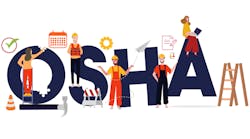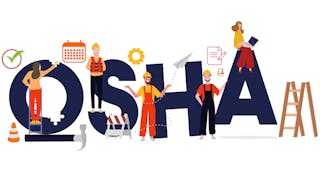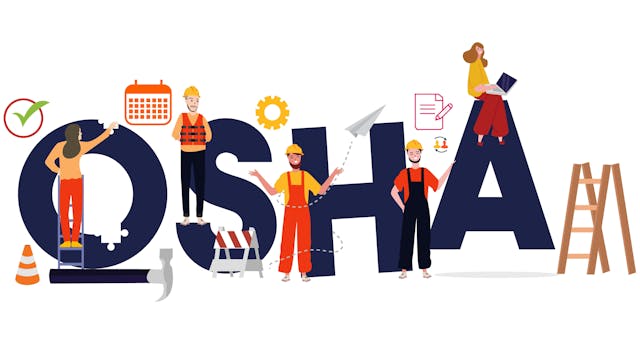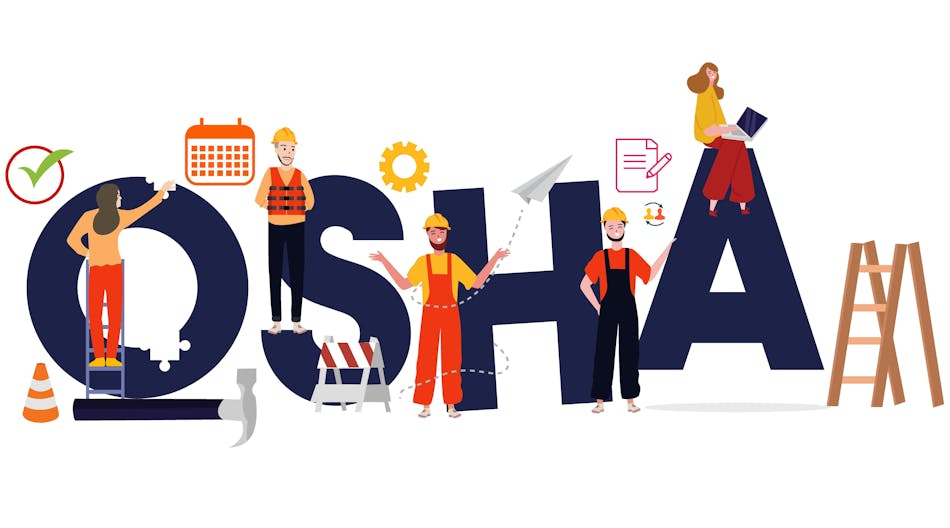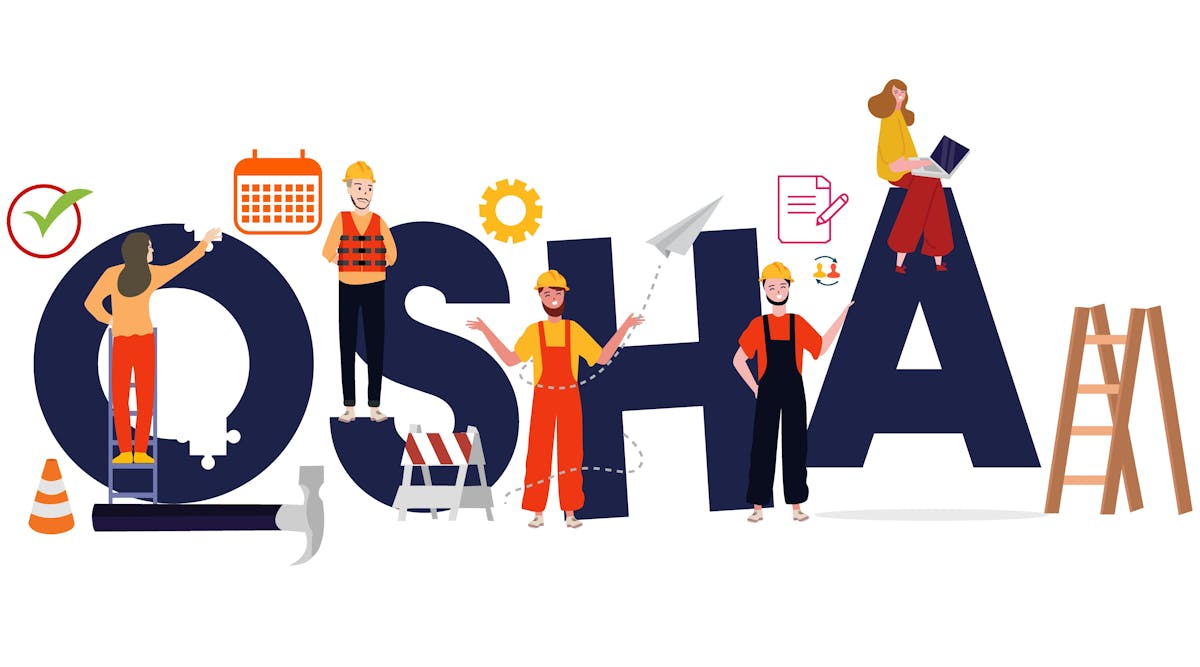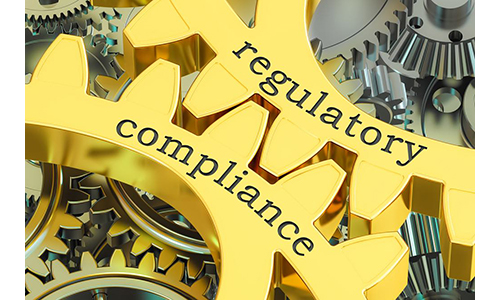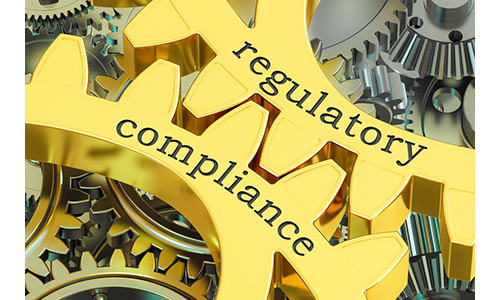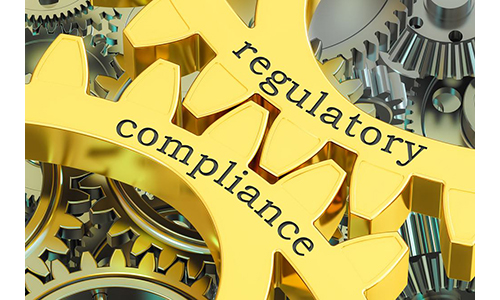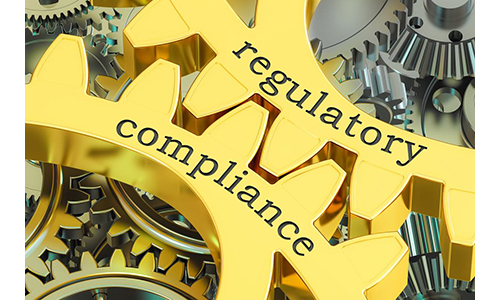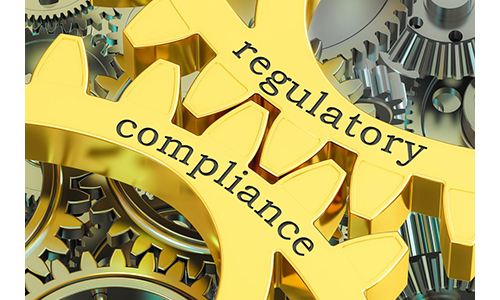What’s the saying? “Don’t do the crime if you can’t do the time?”
That seems to be OSHA’s attitude about alleged occupational safety and health violations. To reinforce that point, the agency now has increased fines for the first time since 1990, raising them from $70,000 to $124,709 for a single willful or repeat violation and from $7,000 to $12,471 for a serious or other-than-serious violation.
As part of its one-two punch, OSHA also engages in what attorney Michael Rubin, a partner at Goldberg Segalla LLP, calls “the Shame Game.” According to Rubin, this entails:
- Hard-hitting press releases.
- “Regulation by shaming.”
- The new electronic injury and illness reporting rule.
- Continued “upping of the ante.”
“Does OSHA want to shame you?” Rubin asked attendees at the EHS Today Safety Leadership Conference during his session, "Preparing Your Best Defense for an OSHA Citation...Before OSHA Shows Up!" “The answer is yes. Before that case has been adjudicated – and you might have an excellent defense [and ultimately prevail against the citation] – OSHA will have issued a press release.”
To ensure it never gets to the point where an employer has to defend himself/herself from either OSHA citations or bad publicity, Rubin suggested employers be very specific in their communication with employees. According to Rubin, employers must show:
- There were established work rules designed to prevent the violation.
- They adequately communicated these rules to employees.
- They have taken steps to discover violations.
- They effectively enforce the rules when violations of corporate policy or OSHA regulations have been discovered.
“Don’t say: ‘Be safe out there.’ That’s not specific enough,” said Rubin. “It must be in writing and it must be specific: ‘Employees must wear hardhats on the job site.’”
He offered this “Top 10 List of Best Practices for OSHA:”
10. Know critical deadlines – You have 15 working days to contest an OSHA citation or appear for an informal conference.
9. Upon receiving a citation, automatically request an informal conference with OSHA and consider contesting any citations. “OSHA [might agree to cut your fines significantly] when you participate in an informal conference,” said Rubin.
8. Know that the Fourth Amendment applies to workplace inspections. You have the right to request a warrant.
7. Know that you generally have the right to delay an inspection by one hour pending your safety officer getting to the site.
6. Understand OSHA’s penalty adjustment factors: size (up to 60 percent), good faith (25 percent) and history (10 percent). “’Good faith’ is a written safety and health management system,” said Rubin. “’History’ is inspected in last 5 years with no serious violations.”
5. Utilize the On-Site Consultation Program. It is free and confidential and available to small- and medium-sized businesses.
4. Maintain accurate injury and illness logs (300, 300A, 301 forms).
3. Understand your reporting obligations for any injuries and illnesses: fatalities within 8 hours; amputations, loss of an eye or inpatient hospital admissions within 24 hours.
2. Never reach for the checkbook and pay the citation upon receipt. Consider your defense if you have one and if you do not, still ask for an informal conference (see #9, above).
And the No. 1 best practice:
1. Don’t be afraid to file a Notice of Contest. Look beyond the penalty and consider the future implications of a citation.
“Something you think of as a very minor infraction, that has a low fine, becomes a repeat violation if it is not abated and OSHA comes back,” said Rubin. “What was a $12,000 fine – $6,000 if you requested an informal conference – suddenly could cost you up to $125,000. And if you have multiple sites, OSHA can bring them in as well.”
When he mentioned OSHA’s citations and fines for Dollar Tree – noting that the agency was including multiple stores in order to issue “repeat” citations – Rubin struck a cord with attendees.
Having written, very specific safety management programs, communicating them to employees, ensuring employees have been trained in them and understand them and ensuring compliance with safety management programs has multiple benefits, Rubin noted, such as, “Protecting your reputation, finances, future, employees’ safety and health and peace of mind.”








































